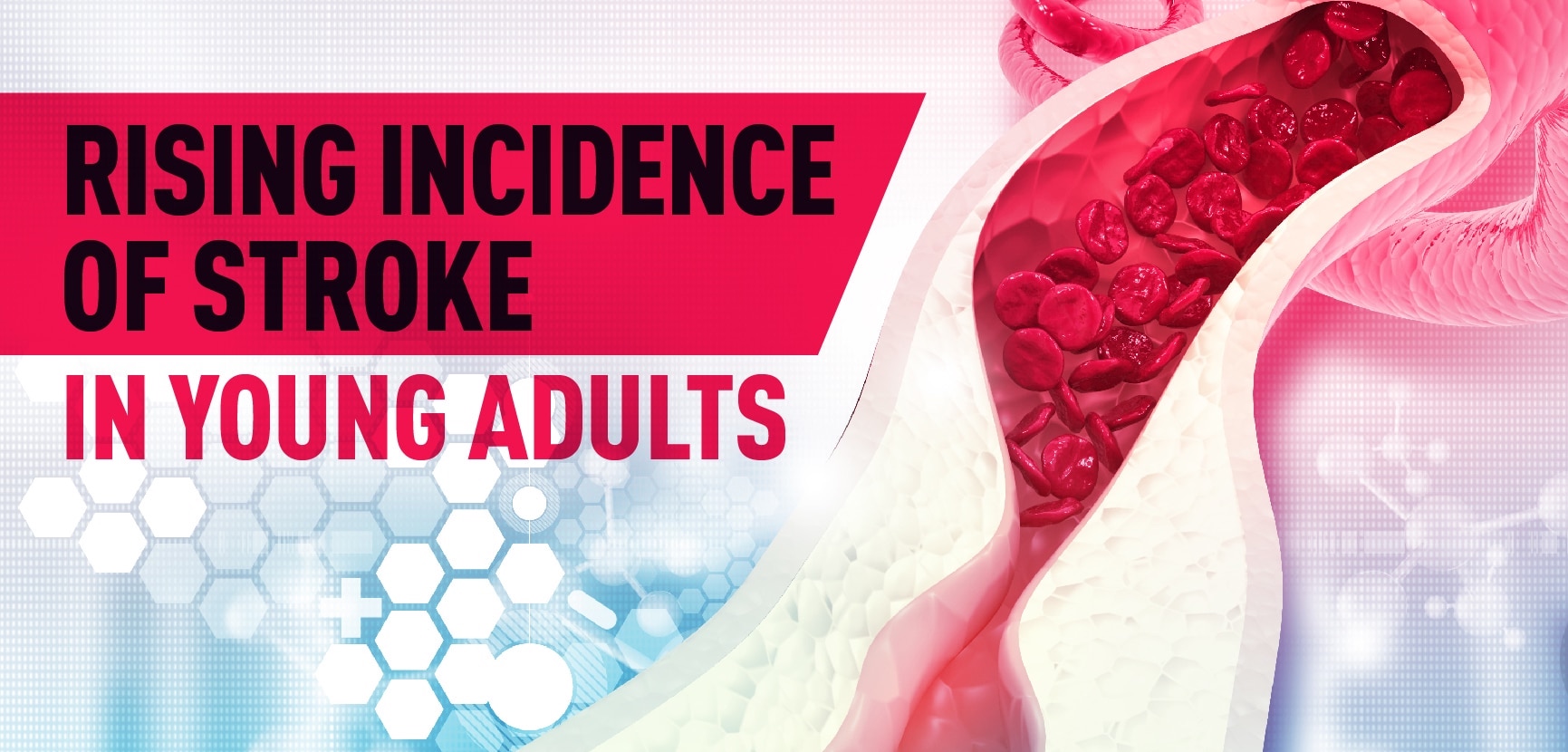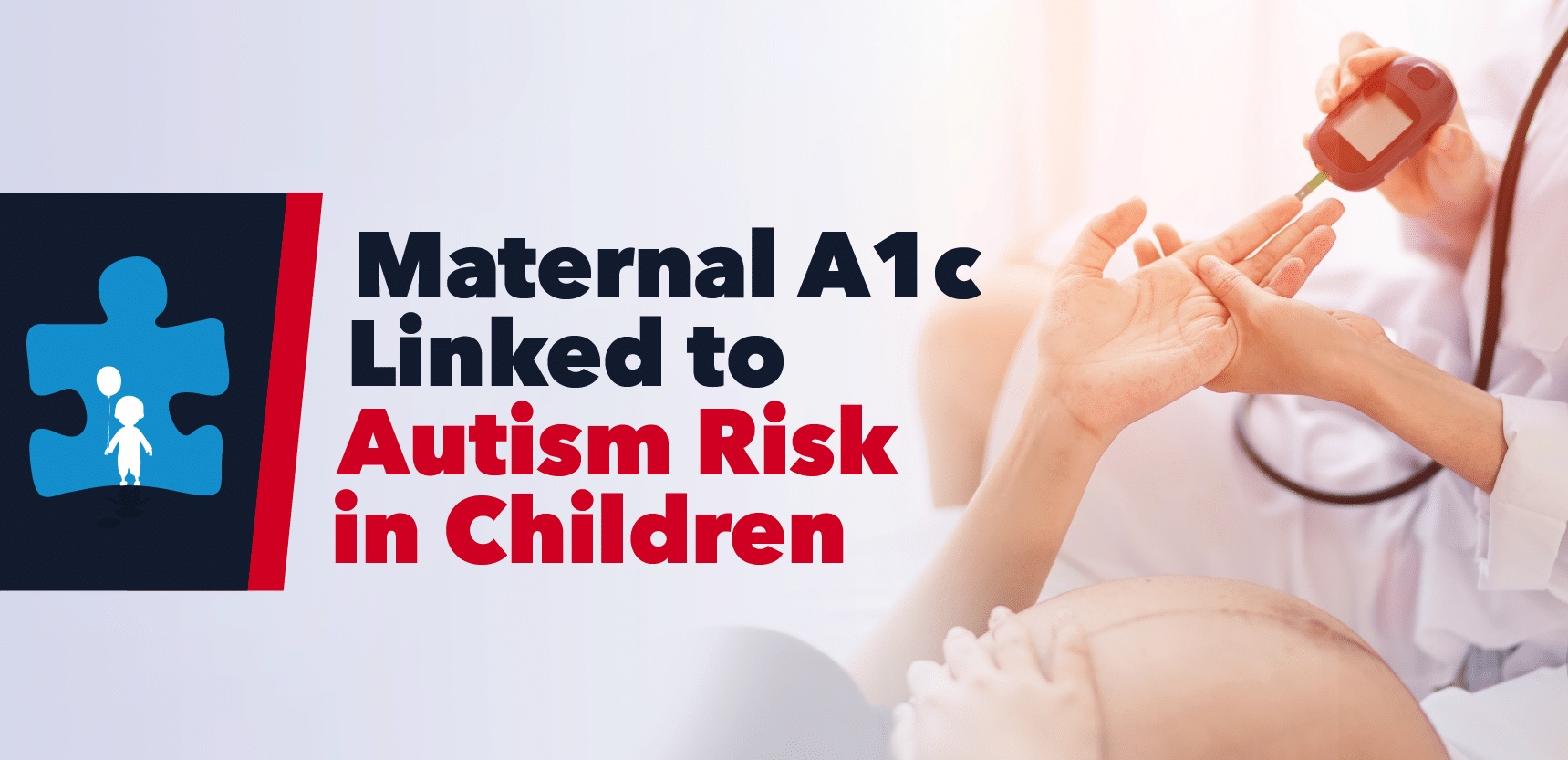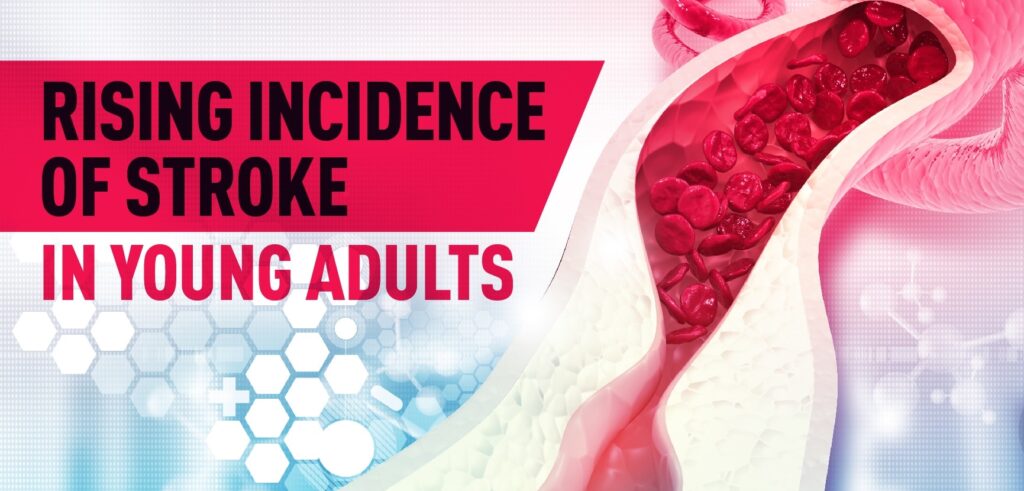A recent study published in the Journal of the American Academy of Dermatology (JAAD) found that children with atopic dermatitis (AD) are more likely than their peers without AD to experience symptoms of anxiety, depression, attention deficit-hyperactivity disorder (ADHD) and other behavior and psychosocial issues. Although the mechanistic link between AD and mental health is unclear, one cause under investigation is the chronic itch common in AD and the subsequent loss of sleep, which is of particular importance in childhood.
Pediatric patients with AD
AD is one of the most common childhood skin disorders and has no cure. It is a chronic – often lifelong – condition characterized by dry, inflamed skin that can itch intensely and trigger an itch-scratch cycle that exacerbates the condition and results in thickened, painful skin patches. AD negatively impacts quality of life, sleep, self-esteem, mood, behavior and attention in children.
Previous findings on mental health and AD in children
Past studies reported that children with atopic diseases such as AD had more emotional, conduct and hyperactivity problems than their peers. One hypothesis was that children with these disorders, which included asthma and hay fever, may be more likely to be from families in lower socioeconomic position (SEP), which is also a factor associated with a higher prevalence of mental health disorders. Authors of the 2016 Mental Health Associations with Eczema, Asthma and Hay Fever in Children: A Cross-Sectional Survey determined, however, that atopic conditions and mental health disorders were significantly comorbid even when results were adjusted for SEP.
Similar studies conducted in Norway and Japan sought to determine how the presence of AD and mental health or behavioral disorders are connected. Findings from these studies reinforced previous determinations that AD imposes significant mental health burdens on children, but the results failed to offer a reasonable causal hypothesis after being adjusted for disparities in ethnicity, family income and gender. Because these studies were unable to identify a strong potential link between AD and mental health problems, an opportunity for further investigation remained.
Present cross-sectional study
Wan, J., et al.’s 2019 JAAD article, Mental Health Impairment Among Children with Atopic Dermatitis: A U.S. population-based cross-sectional study of the 2013-2017 National Health Interview Survey, sought to elucidate the relationship between AD and mental health disorders with impairment (MDI) in pediatric patients. Investigators examined responses to the Strengths and Difficulties Questionnaire (SDQ), a validated behavioral assessment answered by caregivers of children ages 4 to 17 years old that had experienced symptoms of AD in the past 12 months. The SDQ was designed to measure a child’s attributes in five areas: emotional symptoms; conduct problems; hyperactivity/inattention; peer relationship problems; and prosocial behavior.
Of the 57.7 million children included in the data, 6.8 million were reported to have AD in the past year. The prevalence of any MDI in children with recent AD was 26.7% compared to 17.7% in children with no reported AD. Authors recommend that providers who care for pediatric patients with AD screen for mental health problems throughout the lifespan since AD is often a chronic illness with periods of remission and relapse.
What is MDI?
Researchers in the present study proposed a measure of mental health issues more inclusive than those used by previous researchers. Wan, J., et al. suggest that measuring only the presence of a diagnosed mental health disorder may fail to account for pediatric patients with AD that experience symptoms of mental health disorders that result in impairment, but that may lack medical diagnoses. They note that outcomes based on MDI captured a greater scope of the mental health burden in AD than would have been observed by measuring only diagnosed mental health disorders.
Chronic itch and sleep disturbances in AD
One factor that is suspected to play a role in the development of mental health conditions in pediatric patients with AD is the chronic itch that can disturb sleep and leave children overly tired. The impulse to scratch skin affected by AD at night occurs in the phase of sleep that is lightest, when many people experience a brief and often unnoticed arousal from sleep. A normal sleep cycle can last about two hours for an adult, but a child’s sleep cycle is about half as long – one hour. For this reason, children will enter their lightest phase of sleep (when they are most likely to experience an episode of itch-scratch) twice as often as adults during an average night’s sleep.
Results published in 2021 from the Fragile Families and Child Wellbeing Study of more than 4000 children living in urban settings showed that both AD and poor sleep were independently associated with higher incidence of behavioral problems. Since this was another observational study no causal conclusions can be drawn, but the results strengthen the case that sleep could play a significant role in the relationship between AD and behavior problems such as ADHD.
Determining if chronic itch results in sleep deprivation in children with AD is important even if it isn’t found to be responsible for mental health issues, because sleep is so crucial in childhood. Children who sleep poorly have impaired daytime function, worse performance in school, and are more likely to sustain accidental injuries than their well-rested peers.
How to manage itch and improve sleep
Treating AD in children can reduce disease flares resulting in less itch-scratch cycles and better sleep. Additionally, any therapy that results in a reduction of AD symptoms logically will lessen the risk of developing mental health conditions based on their strong comorbidity. Treatments for AD are often multipronged: keeping skin clean and moisturized; using topical anti-inflammatory, antibacterial or antipruritic therapies; and avoiding exacerbating factors such as irritants, stress, and food and environmental allergens. If necessary, topical therapies such as crisaborole are approved for pediatric patients 6 months and older, while injectable dupilumab can be used in patients 6 years and older.
Key takeaway
Pediatric patients with AD are at higher risk of mental health problems, but until a causal link is determined caregivers can ensure quality sleep by reducing itch-scratch with treatment or medication, and monitor mental health symptoms to identify problems early.















